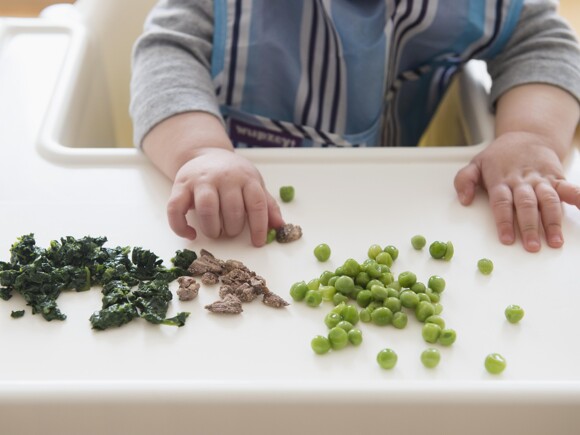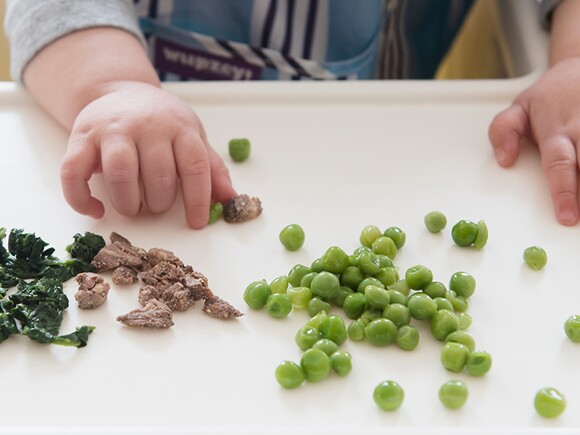Now that your baby is starting to walk and beginning to talk, he wants to let you know what he likes and what he is not happy about. Your growing baby, whose small steps and simple baby talk left you wide-eyed with admiration and pride, is now challenging your authority! And he seems to be happy doing it! Once you have gotten over the shock, you must remember to remain calm but firm. Reminder lang, hindi madali maging isang mommy!
Why does my baby say "NO" all the time?
Up until now, your adorable baby would say "mama", "papa" and "car". He would name food, cartoons, people and more. However, between 18 and 24 months, "NO" seems to be his favorite word. This is a giant step for him. He is starting to understand the concept of negation, and is now disagreeing with you on a lot of things.
Your big baby is also quickly realizing that this new word "no", is a way of testing your authority to possibly get what he wants. This phase will pass especially if you stay firm.
I "No!" therefore "I am"!
From his first words to his first steps, your baby is becoming more independent and beginning to discover the world. At the same time, your baby’s natural personality is coming out and "No!" is starting to be his favorite reply along with "I want to do it", "Not you", and other expressions of independence.
You are probably surprised by this and may have the feeling that your child is just teasing you or being matigas ang ulo, but remember that this phase is necessary for your child. By saying "no", he is actually saying "I am (upset)" or "I like (noodles) instead". It is helping him form his personality because he can now express and assert what he wants. He now sees himself as someone different from you, his parents. Your baby will test his limits with you while he may continue to be an angel around lola or yaya. It is hard to accept but yes, this is entirely natural!
When "NO" means "YES"
Alam nating mga mommies na ang "No" can be a complicated word that has multiple meanings. Understanding the real meaning behind the "No" that your child says is an art in itself.
It is easy to spot the difference between :
- the "NO" that is said out of habit (and this time, maybe just right before you were about to hand him a chocolate cookie)
- the upset "NO" (when he doesn't want to get in his stroller because you shortened his time on the swing)
- the tired "NO" (which he says right before a major tantrum!),
- but also the "NO" that means "yes" (when he says "NO" while nodding his head)…
- …and don’t forget the firm "NO !" when introducing him to new food (sanay ka na dito, ‘di ba!).
The reason behind the ‘No!’? Your child wants to assert his own opinions and let you know that he is doing things because he wants to and not just because you said so. Uh-oh, looks like his teenage years are going to be fun! J
You're the boss! (Yes, you are)
How can you find a solution while remaining patient ? One important tip would be to distract your child or re-focus his attention. Who hasn’t secretly thanked those funny titos or titas who distract the little ones just before they throw a tantrum ?
A huge challenge is how to find the right balance : not being too firm that your child will stop expressing his opinions completely, and at the same time not being too permissive that you allow him to just do whatever he wants and becomes spoiled. If your bulilit says "no" a few times then that is okay, remain calm and firm. Pagbigyan ang bata paminsan-minsan.
The golden rule is making your child understand that even if he says "No", it is you who decides in the end. And if you say "No", it means "No". You and your spouse must stick to this rule together, not make contra one another. Setting limits is essential for your child.














